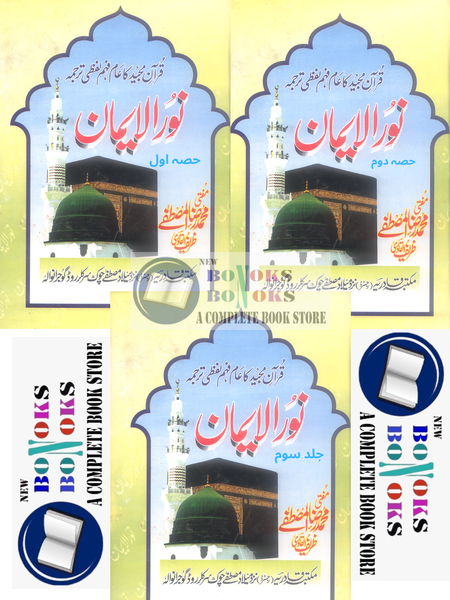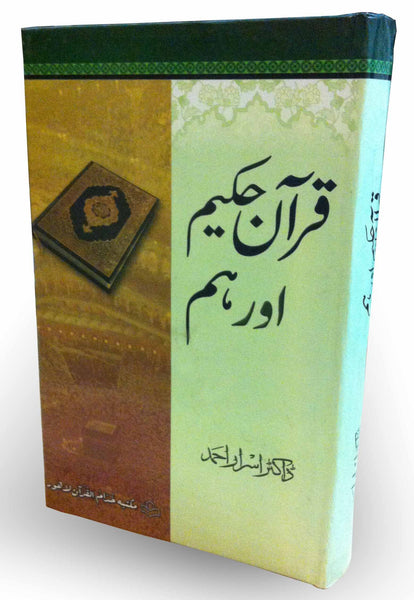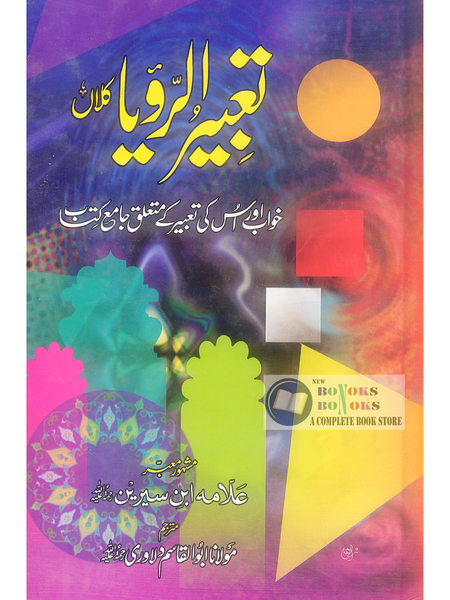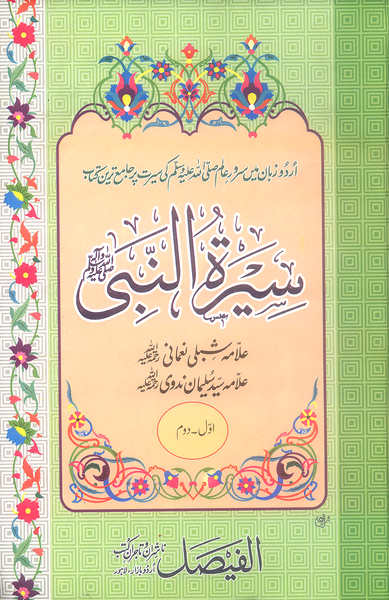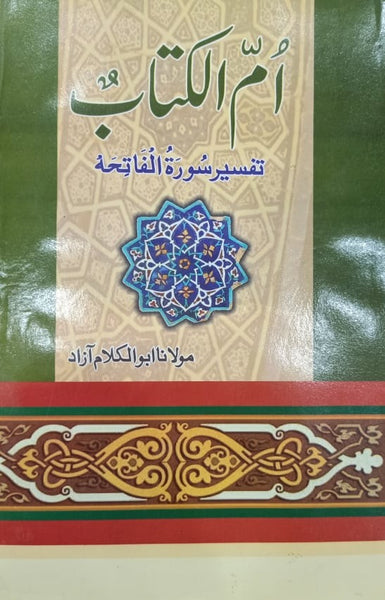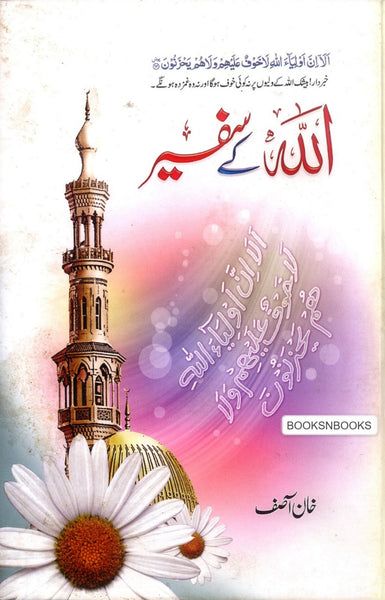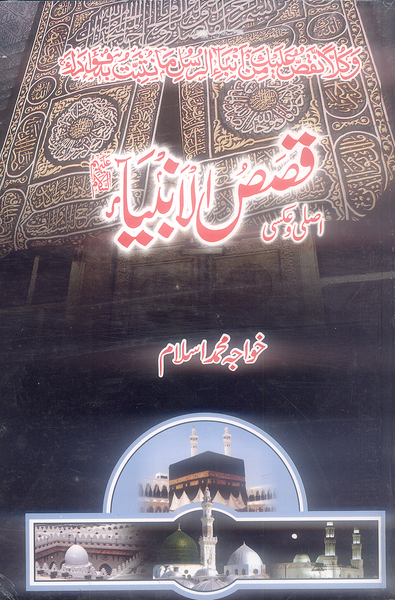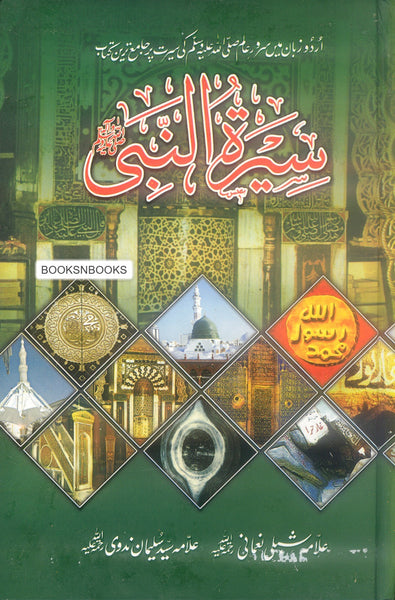
RELIGIOUS BOOKS
Islamic Religious Books: A Comprehensive Collection
Islamic religious books are the cornerstone of the faith, offering guidance, spiritual insight, and moral teachings for Muslims around the world. These texts provide not only the foundational principles of Islam but also detailed explanations on how to lead a righteous life, understand the will of Allah, and fulfill one’s duties towards society and the Creator. The primary texts of Islamic religion encompass the Quran, the Hadith, and other important scholarly works that cover a broad range of subjects such as theology, jurisprudence, history, ethics, and spirituality.
Key Islamic Religious Books and Subjects:
-
The Quran
- The holy book of Islam, believed to be the literal word of Allah as revealed to Prophet Muhammad (PBUH). It is the primary source of guidance for all aspects of life, covering theology, law, morality, and social matters.
-
Hadith
- The collection of sayings, actions, and approvals of Prophet Muhammad (PBUH), which serve as a guide to interpreting and applying the teachings of the Quran in daily life.
-
Tafseer (Quranic Exegesis)
- Scholarly interpretations and commentaries on the Quran, helping to explain its meanings, context, and application in various circumstances.
-
Fiqh (Islamic Jurisprudence)
- The body of Islamic law derived from the Quran, Hadith, consensus (Ijma), and analogy (Qiyas). Fiqh covers all areas of life, including worship (Ibadah), family law, criminal law, and financial transactions.
-
Sira (Biography of the Prophet Muhammad PBUH)
- Books detailing the life, character, and mission of Prophet Muhammad (PBUH), including historical accounts of his actions and teachings.
-
Aqeedah (Islamic Theology)
- Works focusing on the core beliefs of Islam, including Tawheed (oneness of Allah), Prophethood, and the afterlife. Key texts include Kitab al-Tawhid and Aqeedah al-Tahawiyyah.
-
Sunnah
- The practices and traditions of Prophet Muhammad (PBUH), considered a model for living a righteous life. The Sunnah is found in Hadith collections and provides practical guidance for Muslims.
-
Islamic Philosophy
- Works that explore theological questions and philosophical issues from an Islamic perspective, including books on logic, metaphysics, ethics, and the nature of existence.
-
Tasfiyah (Islamic Spirituality and Sufism)
- Books on the purification of the soul (Tazkiyah) and Sufi mysticism, which emphasize the inner dimensions of worship, personal development, and closeness to Allah.
-
Islamic History
- Scholarly works on the history of Islam, including the early Islamic period, the history of the caliphates, the development of Islamic thought, and the spread of Islam across the globe.
-
Islamic Ethics
- Books that discuss the moral and ethical teachings of Islam, covering topics such as honesty, integrity, justice, kindness, and the Islamic code of conduct in personal and social life.
-
Islamic Economics and Finance
- Texts on the principles of Islamic finance, including the prohibition of interest (Riba), profit-sharing (Mudarabah), and Islamic banking systems based on ethical investment and risk-sharing principles.
These Islamic books form the basis of not just religious practice but also contribute to the intellectual and spiritual growth of individuals and communities. They provide Muslims with the knowledge needed to understand their faith deeply, apply its principles in daily life, and contribute positively to society. From the divine guidance of the Quran to the practical advice in Hadith and the detailed analysis in Fiqh, Islamic books offer a comprehensive understanding of the religion’s teachings and practices.

